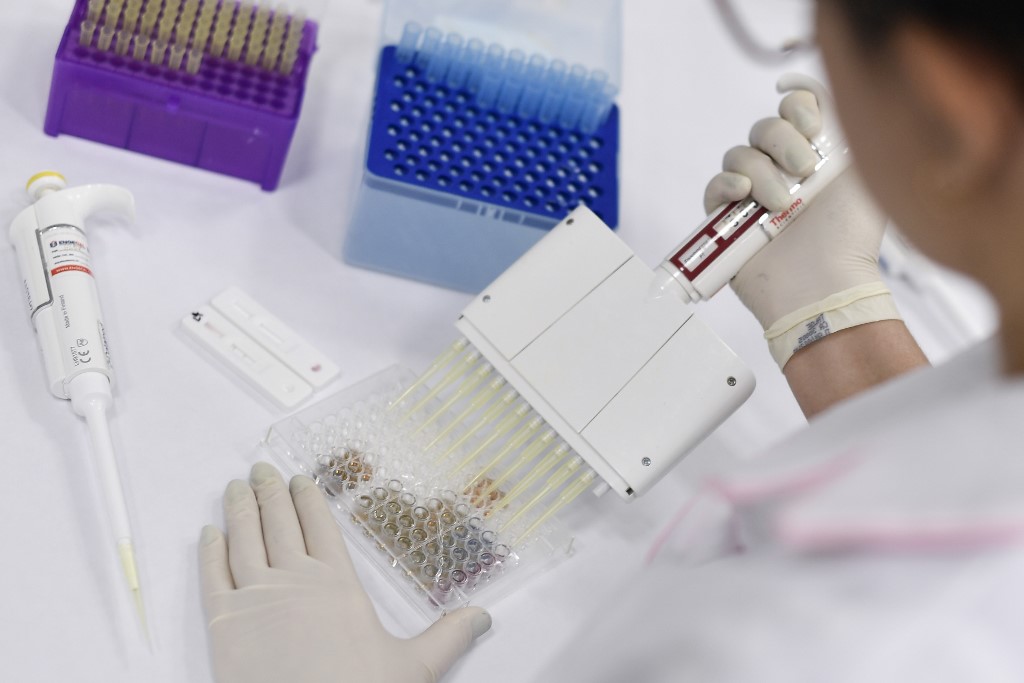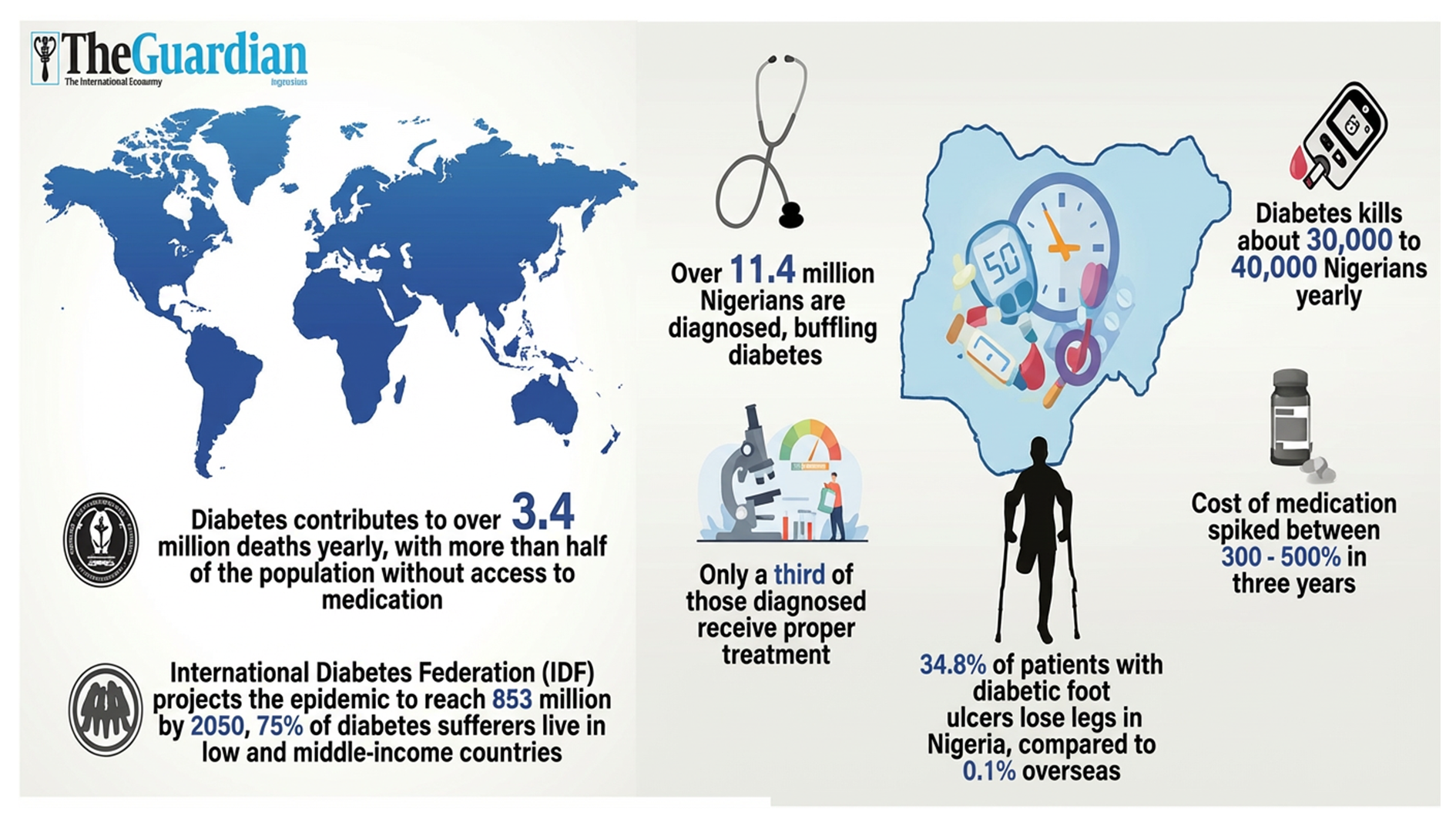
The groundbreaking mRNA technology transfer programme is positioned towards establishing 11 state-of-the-art good manufacturing practices (GMP) certified manufacturing facilities across 10 countries by 2030.
The initiative launched in 2021, achieved what was once unthinkable: from zero mRNA manufacturing capabilities in low- and middle-income countries (LMICs) in 2020. With all manufacturers in the programme working on R&D across various diseases, this network is designed to meet the Global South’s R&D and mRNA vaccine needs. It stands ready to respond to any future pandemic to secure mRNA vaccine access across continents.
The transformative programme, established by the World Health Organisation (WHO) and the Medicines Patent Pool (MPP), works with the South African Consortium, Afrigen, Biovac, the South African Medical Research Council (SAMRC), and the Department of Science and Innovation and programme partners in Kenya, Brazil, Indonesia, India, Egypt, Nigeria, Ukraine, Bangladesh, Senegal, Tunisia, Serbia, Pakistan, Vietnam, and Argentina.
The programme, supported by South Africa, France, Belgium, Canada, the European Union, Germany, Norway, and the ELMA Foundation, has propelled LMICs to the forefront of pandemic preparedness. It represents an unprecedented global effort to ensure equitable health solutions, enabling LMICs to respond rapidly and independently to global health crises.
Executive Director of the Medicines Patent Pool, Charles Gore, stated, “From a standing start in 2020, the programme’s growth has been nothing short of remarkable. After successfully developing a COVID-19 vaccine as proof of concept, the Programme is now expanding to address many other diseases relevant to LMICs. We are now poised to establish a sustainable mRNA vaccine production capacity that will benefit millions across the Global South, truly redefining what health equity can look like on a global scale.”
In a significant step forward, Sinergium Biotech is researching a human avian influenza (H5N1) mRNA vaccine candidate, and four Research and Development (R&D) consortia have been formed in Southeast Asia, with more expected across other regions.
The vaccines developed through this initiative will be shared across participating LMICs.
With the manufacturing companies across four continents all based in LMICs, the programme has fundamentally altered the mRNA vaccine production landscape. The initiative is projected to yield at least 60 million doses annually by 2030, with the potential to scale up to larger volumes that could supply up to two billion doses in the event of a declared pandemic. Leveraging future dose-reduction technologies, the programme would have the capacity to cover all the mRNA vaccine requirements of the Global South.
As of December 2024, the mRNA technology transfer programme has significantly progressed with nearly all site assessments completed. Half of the participating manufacturers have finalised their technology plans, with the remaining plans scheduled for completion by December 2025.
Over a quarter of these manufacturers will have successfully received the technology platform transfer from Afrigen by the end of 2024, with the rest to be completed in 2025, marking an important milestone in the programme. By December 2026, all manufacturing partners are expected to have demonstrated the technology at their respective sites, culminating in the full transfer of mRNA technology across all participants.
CEO of Afrigen, Prof Petro Terblanche, highlighted: “The mRNA Programme has not only achieved our initial goals but exceeded them in every way. Afrigen’s work with our global partners has shown that LMICs can lead in R&D and manufacturing, transforming healthcare outcomes from diseases that affect the Global South. This Programme yet again demonstrates the power of partnerships and global collaborations.”
Coordinator at WHO, Dr Martin Friede, emphasised, “This mRNA Technology Transfer Programme exemplifies the power of collaboration in global health. We are delighted that WHO and the partners have signed an MOU with Prof Drew Weissman of the University of Pennsylvania to promote R&D of mRNA products for public health. We hope other institutions will also follow and share know-how. We are committed to securing the necessary support to see these efforts through so that LMICs have the scientific and material resources to maintain this unprecedented level of pandemic preparedness.”
Despite remarkable progress, additional funding is required to fully achieve the programme’s ambition. An estimated $200 million is needed to advance all manufacturers to GMP standards and continue to strengthen the R&D pipeline in support of at least 12 mRNA products currently in development. Encouragingly, programme success has already attracted substantial catalytic co-investments. For example, for every dollar contributed by the programme in the AFRO region, an estimated $17 has been invested by regional stakeholders and other public health organisations.






